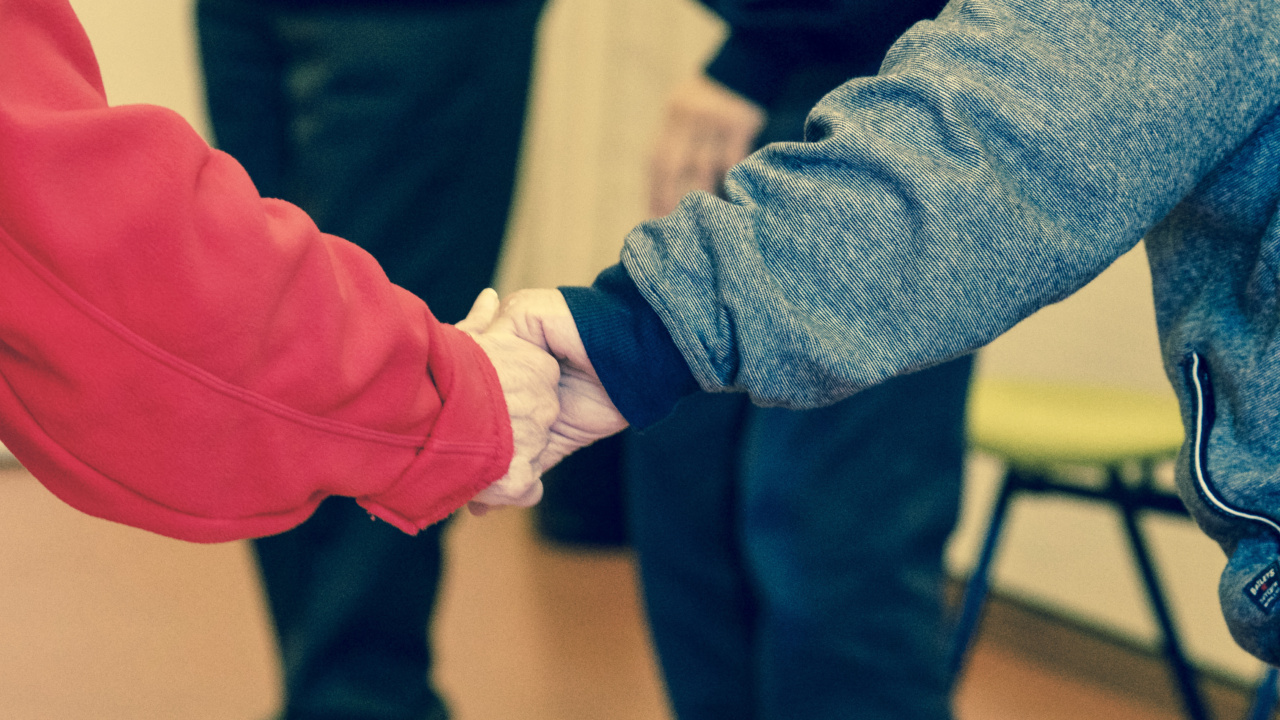Friendships play a crucial role in a child’s life, shaping their personality, emotional well-being, and social skills. As a parent, it is essential to support and guide your child in navigating these relationships.
This article will provide valuable insights, practical tips, and strategies to help your child develop and maintain healthy friendships.
The Importance of Friendships
Friendships serve as a significant aspect of a child’s social and emotional development. They offer opportunities for companionship, emotional support, skills development, and self-discovery.
Positive friendships foster empathy, communication, cooperation, and conflict resolution skills. Additionally, children with strong friendships tend to have better self-esteem and overall well-being.
Encourage Socializing
Provide your child with opportunities to socialize by arranging playdates, joining extracurricular activities, or participating in community events.
Tips:.
- Encourage your child to invite classmates or neighbors to your home for fun activities.
- Enroll your child in sports, arts, or hobby classes where they can meet peers who share similar interests.
- Volunteer in your community together, fostering connections with other families.
Developing Empathy
Empathy is a vital skill that enables children to understand and relate to others’ feelings and experiences.
Tips:.
- Help your child identify emotions by verbally expressing how they and others might feel in different situations.
- Encourage them to put themselves in someone else’s shoes and consider alternative perspectives.
- Model empathetic behavior by showing kindness, understanding, and compassion towards others.
Teach Effective Communication
Clear and effective communication is essential for building and maintaining friendships.
Tips:.
- Encourage your child to express their thoughts and feelings openly and honestly.
- Teach them active listening skills, such as maintaining eye contact, summarizing what the other person said, and asking follow-up questions.
- Help your child understand non-verbal cues like body language and facial expressions.
Conflict Resolution
Conflicts are a natural part of any relationship, including friendships. Teaching your child how to resolve conflicts peacefully is crucial.
Tips:.
- Encourage open communication and help them express their feelings without aggression or blame.
- Teach problem-solving skills, such as brainstorming solutions and compromising.
- Encourage them to seek adult assistance when conflicts escalate or become unmanageable.
Building Resilience
Friendship-related challenges may arise, such as disagreements, exclusion, or shifting social dynamics. Building resilience will help your child navigate these obstacles.
Tips:.
- Teach your child to cope with rejection, setback, or disappointment by focusing on their strengths and positive qualities.
- Encourage them to seek support from trusted adults, such as teachers, counselors, or family members.
- Help your child understand that friendships evolve and change over time, and it is normal to have different friends in different stages of life.
Encourage Diverse Friendships
Exposure to a diverse range of peers facilitates the development of tolerance, respect, and acceptance.
Tips:.
- Encourage your child to interact with individuals from various cultural backgrounds, social classes, or with different abilities.
- Read books or watch movies together that highlight the importance of diversity and friendship.
- Discuss the significance of inclusivity and respect towards others, regardless of differences.
Monitor Online Interactions
In the digital age, online relationships have become an integral part of modern friendships. Monitoring your child’s online interactions is crucial to their safety and well-being.
Tips:.
- Set clear boundaries and rules regarding internet usage.
- Encourage open communication and ensure your child feels comfortable discussing any online concerns or experiences.
- Monitor their online platforms and educate them about the dangers of cyberbullying, protecting personal information, and practicing kindness online.
Model Healthy Friendships
Children learn the most by observing their parents and caregivers. Modeling healthy friendships in your own life sets a positive example for your child.
Tips:.
- Show respect, kindness, and empathy towards your friends and acquaintances.
- Demonstrate effective communication and conflict resolution when dealing with your own friendships.
- Encourage your child to accompany you when spending time with your friends, helping them understand the dynamics of positive relationships.
Encourage Independence
As your child grows older, it is vital to foster independence in making their own friendship choices.
Tips:.
- Allow your child to take the lead in arranging get-togethers or choosing their own friends.
- Support their decision-making process by discussing the qualities they value in friendships and the importance of shared values.
- Offer guidance and advice when needed, while respecting their independence.
Conclusion
Helping your child navigate friendships is an ongoing journey that requires patience, understanding, and active involvement.
By applying the strategies and tips mentioned in this article, you can empower your child to develop and maintain healthy, meaningful friendships that contribute to their overall happiness and personal growth.































